The meat you eat matters!
At TC Farm we know the type of food you eat not only plays a huge role in your health but also the health of our environment. We are committed to sustainable farming practices that protect the environment, support local farmers, and respect the animals under our care.
Did you know the way we raise our beef has a net negative greenhouse gas impact? That’s right, every bite of healthy, tasty TC Farm steak reduces the amount of carbon dioxide in the atmosphere!
Sustainable farming methods do not come easy (or cheap!). Managing a rotational grazing practice is labor intensive, which is why most farms simply skip the extra effort required – especially for foods found in the grocery store. In fact, because of intentional loopholes in the regulations, many of the items labeled grass-fed in the grocery are fed corn and soy just like regular cattle – this is very common for dairy items.
Many food producers want consumers to believe that their food is sustainably & ethically raised and use photos of green pastures and happy looking animals which are not representative of the products being sold. Some local brands raise a small fraction of their animals outdoors and even provide tours, but consumers can not actually purchase the few animals which were raised outside because those are sold out of state under another brand.
At TC Farm all of our animals are raised to the same high standard. We are not willing to make compromises and we know that our members aren't either! Our prices not only reflect the quality of our meat, but also provide a fair wage to the hundreds of people working to bring you our amazing healthy food every day.
Our members' commitment to paying a fair price for sustainably raised foods is what keeps our farms going!




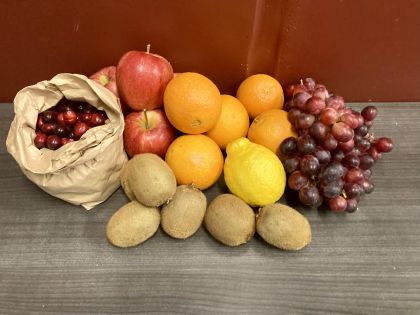

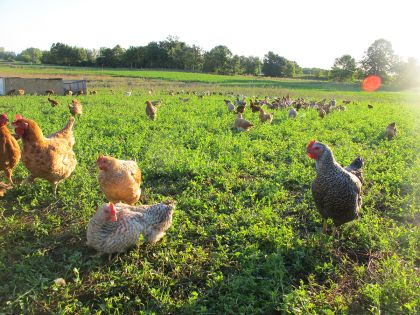
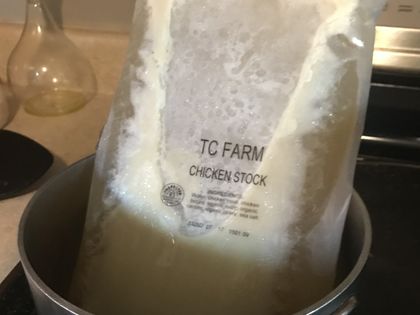
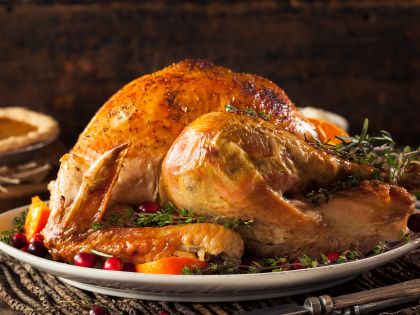
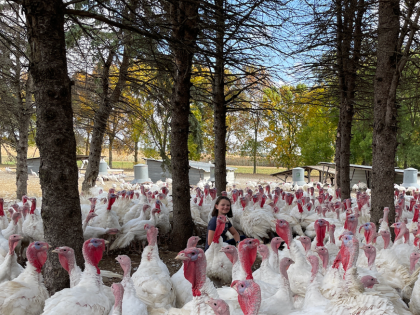
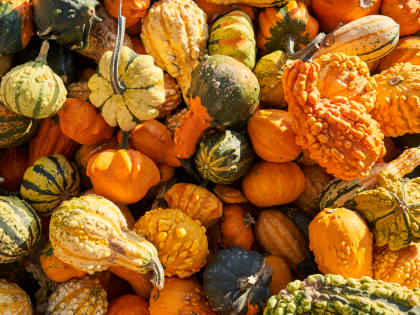
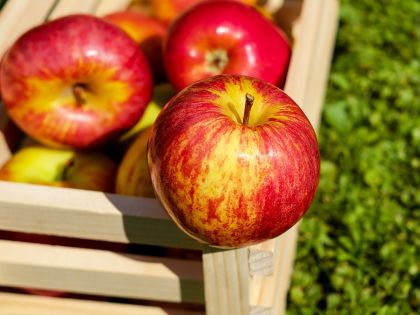

Comments (0)
Add a Comment
Add a Comment